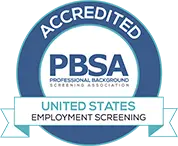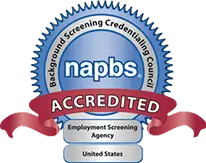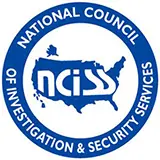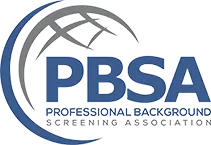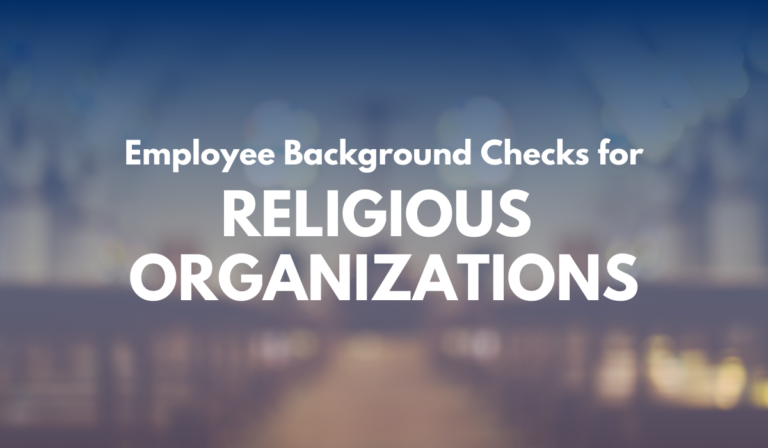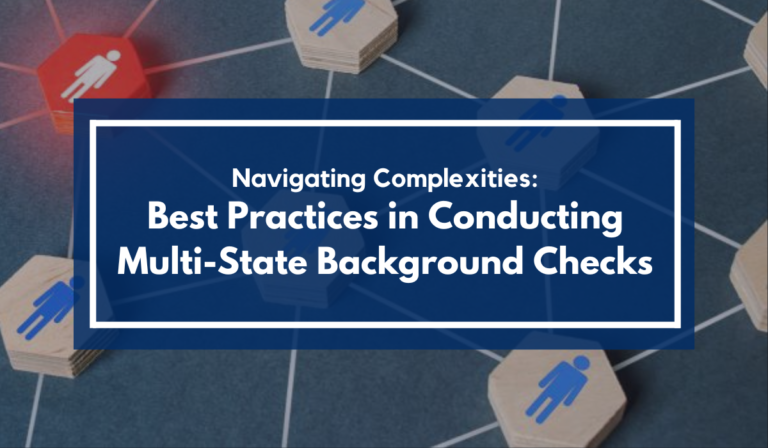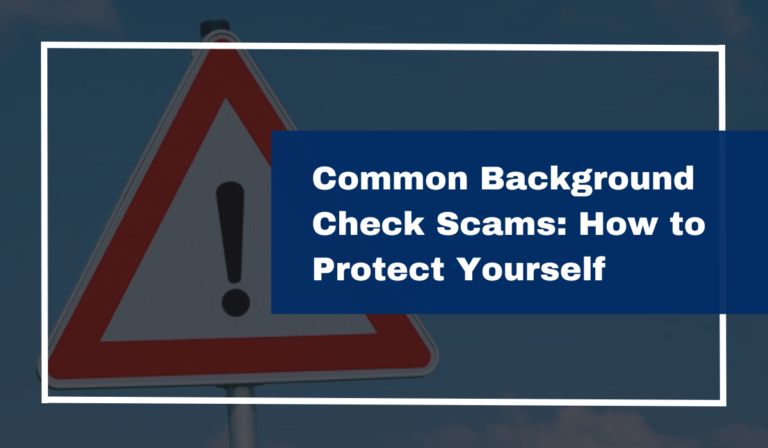 Most Americans connect remote work trends with the pandemic. But the truth is, remote work has been on the rise since 2008. Today, nearly 5 billion American workers perform their jobs remotely, and that shows no signs of stopping. In fact, due to managerial, sales, and tech jobs requiring so much computer access, 70% of American companies are expected to implement a hybrid work model, allowing their employees to primarily work remotely by 2025. But how do remote workforces impact employee background checks?
Most Americans connect remote work trends with the pandemic. But the truth is, remote work has been on the rise since 2008. Today, nearly 5 billion American workers perform their jobs remotely, and that shows no signs of stopping. In fact, due to managerial, sales, and tech jobs requiring so much computer access, 70% of American companies are expected to implement a hybrid work model, allowing their employees to primarily work remotely by 2025. But how do remote workforces impact employee background checks?
Ongoing Background Checks May Not Be Implemented
Rescreening is the process of running another background check on existing employees. It’s usually performed after the employee is there for a specific time benchmark. It’s completely legal and above-board as long as the rules are followed. However, it’s already not as common as workers might think. According to HireRight’s 2018 benchmark report, only 39% of U.S. employees were rescreened after changing roles in the business or being promoted. Whereas, 15% of employees were rescreened with no employment change. Of course, that was two years before the pandemic started. Since far more people work remotely now and bottlenecks are the norm, businesses may drop rescreening and ongoing background checks altogether.
A Criminal History Check May Be Standard for Remote Work
A past mistake or two can often be explained to prospective employers and overlooked when the candidate meets job-related credentials. But a thorough criminal history check is still needed to verify potentially dangerous or expensive behavior hasn’t been recent or habitual. Moreover, they can ensure the potential employee hasn’t been caught or reported by previous employers for internal theft or the loss of sensitive company data. According to the FBI, over 2,000 internet theft reports are made daily, and $4.2 billion in loss was recorded nationwide in 2020 alone. No successful business wants to be a victim or subject to such scrutiny. So expect criminal history checks to continue via remote positions.
Background Checks and Results May Take Longer
Pandemic fears led to many if not most Government buildings locking down their physical locations and providing online-only solutions for emergency issues. While services have expanded and lockdowns have lifted, many offices are still closed or offer limited business hours and/or services offline. Online background checks for businesses and employee needs are primarily done online and legitimate checks often go through legal or investigation offices.
Most of those offices are already backed up. In fact, almost one-third of current background checks are already bottlenecked and taking much longer than expected to perform and receive results. According to PBSA (Professional Background Screening Association), backups are expected to continue as remote work needs and opportunities increase.

